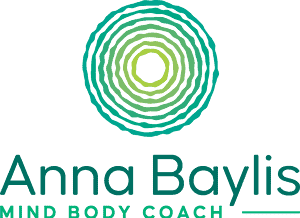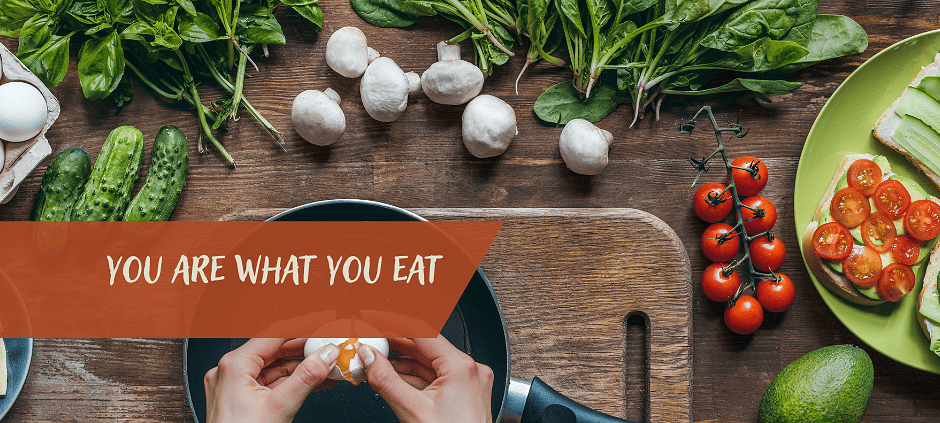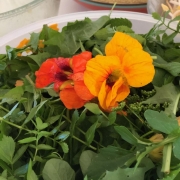3 tips for better mental and physical health
Nutrition – Eating for nourishment
A huge focus of mine is nutrition and what I put into my body. Living a great majority of my life training and racing as an Olympic athlete, it was really important to have the right fuel for recovery and performance. Now I am no longer performing as an athlete, my focus has changed to that of eating for nourishment, gut health, prevention of sickness or disease and for mental health and clarity.
Associations behind food
We all develop associations with food. Some may associate eating to being social, to give comfort from painful emotions, to fuel your body, or you may not even know. It is vital to have a mindset or association to food that is healthy and not self-sabotaging.
Recently in a coaching session, a client discovered the association and root cause of her addiction to emotional eating. As a 6 year old she was bullied at school, not having anyone to comfort her in her pain, she turned to food to bring her comfort and relief. She continued this association which became a learnt behaviour every time she felt an emotion arise in her. Recognising the association helped her gain understanding of her behaviour and enabled her be aware of why she was stuck in that pattern. Through guiding her to feeling emotions gave her the comfort and relief she no longer needs from food.
3 tips for better mental and physical health
- Hydrate – drink water.
Our beautiful bodies do so much for us, without hydrating we end up dehydrated which can cause feelings of overwhelm, fatigue, headaches and irritability. Start your day with water. - Feed your gut.
Our gut is known as our second brain and has a direct influence on our mental health. There are gut bacteria that manufacture brain chemicals that make us feel good, therefore if we are not feeding them correctly we may not experience these good feelings. It is important to feed the gut bacteria that serve as our protection against illness and disease. Knowing that 60% of our immune system resides in our gut it makes sense to be aware of what is going in our mouths. Our gut bacteria love fibre. Choose from a variety of fruits (especially raspberries, pears, watermelon and bananas) and vegetables (especially Jerusalem artichokes, onions, garlic and leek) along with beans. - Stay away from chemically processed foods.
Chemically processed foods have little if any nutritional value and are what I call empty calories. They often contain preservatives and artificial substances, such as added chemical flavouring agents, colours, and sweeteners, along with saturated fats and sugars and salt.
Some examples to avoid as much as possible –
- frozen or ready to eat meals
- lollies and ice cream
- instant noodles and soups
- baked goods, including pizza, cakes, and pastries
- packaged breads
- processed cheese
- processed breakfast cereals
- crackers and chips
- reconstituted meats, such as processed ham, sausages, nuggets and fish fingers
- soft drink and other sweetened drinks such as juices
Make food fun.
Start to enjoy eating foods. I find preparing what I am going to eat takes away the mental strain or the last minute decisions made from a feeling of being hungry or perhaps how you are feeling in that moment. This would helps stop the association between emotions and food. Add a fruit or vegetable that you haven’t tried before each month, cook with a friend, try new recipes, do a cooking class, or prepare your meals on a Sunday. Be mindful when you eat and enjoy being present knowing what you are putting in your body is feeding your mind and state of being.
I love eating from my garden.









Leave a Reply
Want to join the discussion?Feel free to contribute!